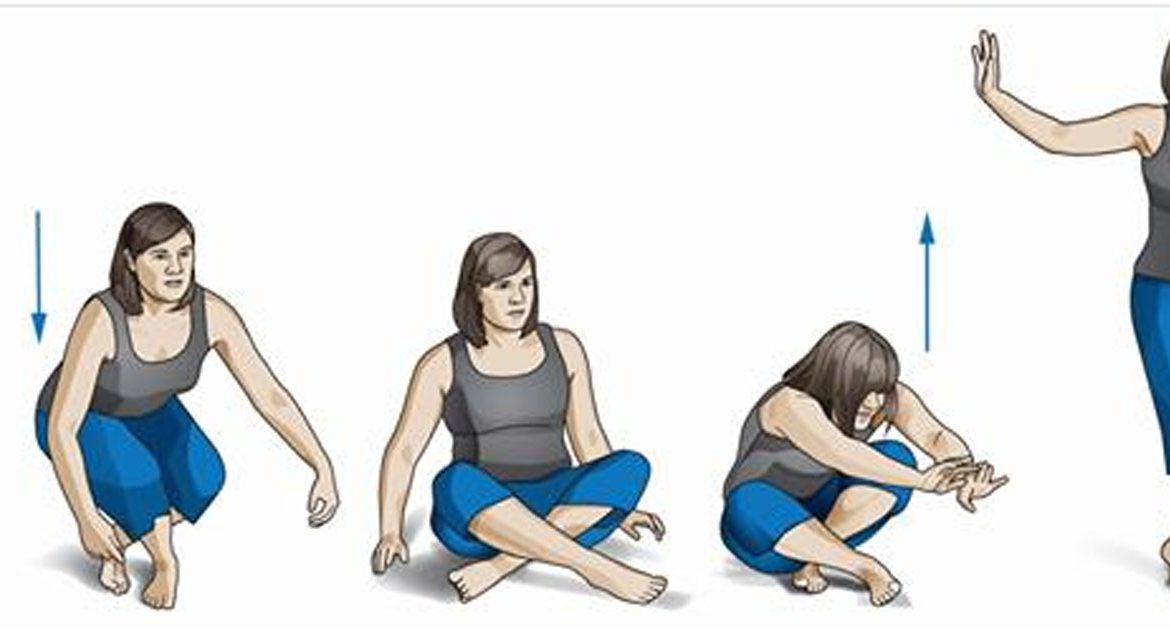Have you ever wondered how long you’ll live? Are you in danger of dying prematurely, or will you live to a ripe old age, surrounded by your great-great grandchildren? Well, a Brazilian team of doctors led by Claudio Gil Araujo has developed a simple test that gives a good indication of how fit someone really is. A study has shown that those who perform poorly on the test have a higher mortality rate than those who complete it easily. Where do you fit on the scale and what could that mean for your potential longevity?
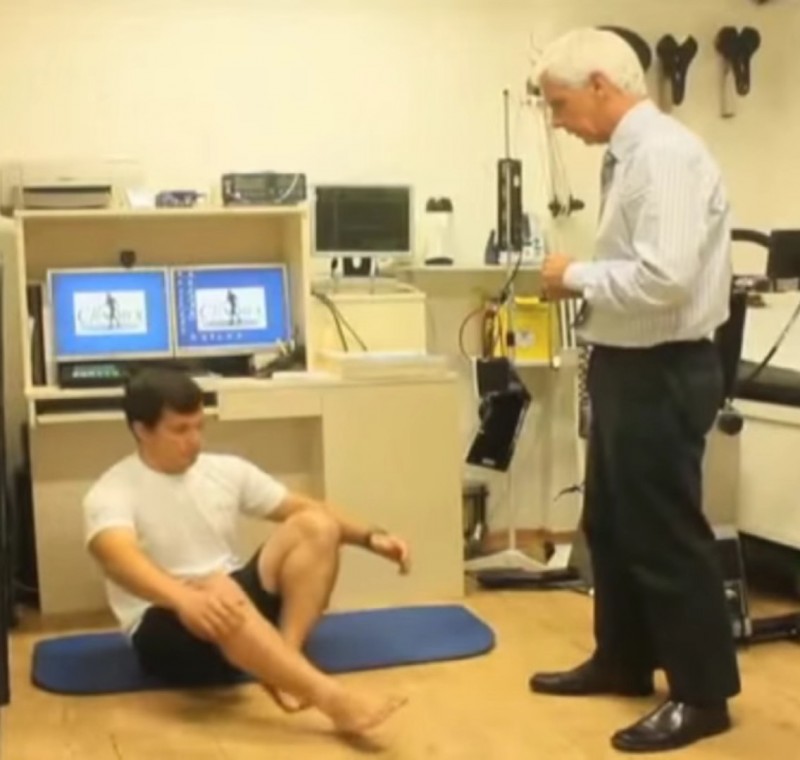
The premise behind the test is that maintaining a certain level of fitness as you age is extremely important in order to prolong life. It’s actually quite logical: those who stay fit for longer are likely to outlive those who don’t.
Ready to give the test a go and find out if your lifestyle needs an overhaul to save you from an early grave? You only need to sit down and stand up again, and score points doing so.
Like this:
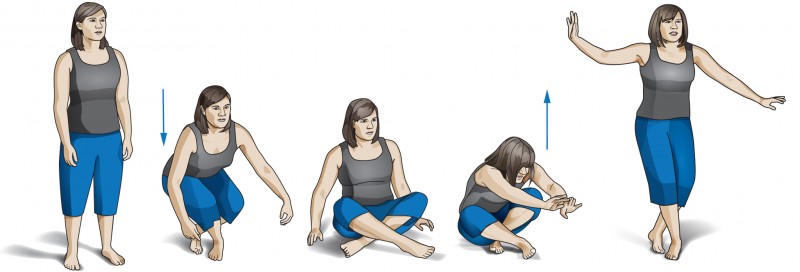
1. Stand in a relaxed position and make sure that there is no furniture or other objects near you. Cross your legs. You start the exercise with 10 points.
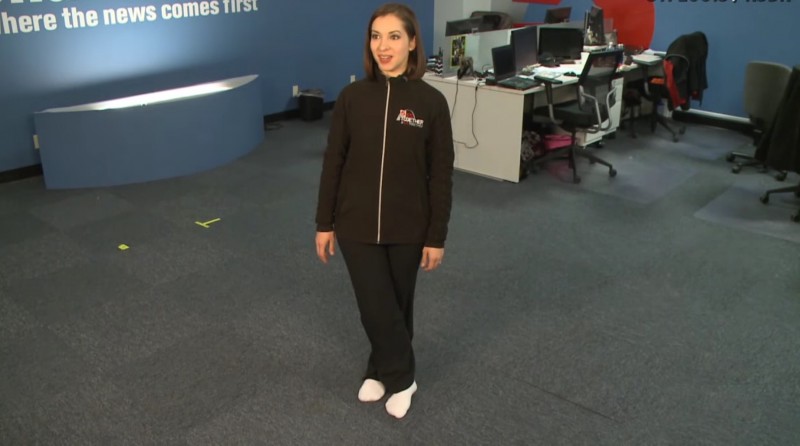
2. From this standing position, sit cross-legged on the floor. In so doing, you may not support yourself with any body part other than your feet and bottom. If you support yourself using your hand, arm, knee or leg, then you will lose one point. The same goes if your support yourself with your hand or elbow on your own knee. If you stumble and lose your balance, but don’t support yourself, then you lose half a point.
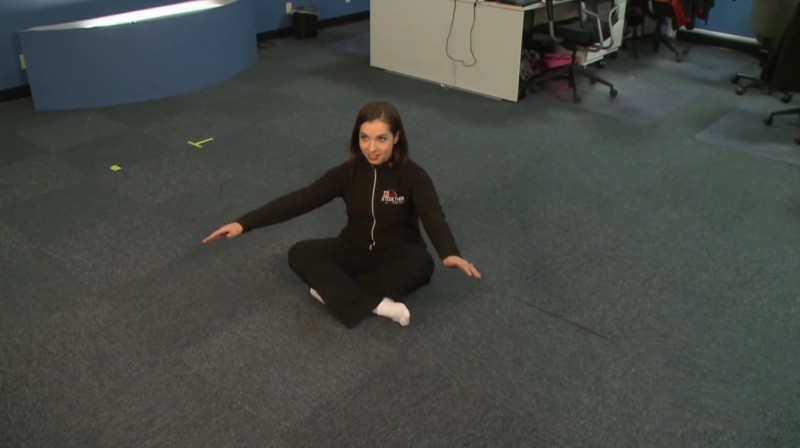
3. Now you’re sitting cross-legged on the floor. Here comes the tricky part: stand up without using any body part other than your legs. Only your feet may now touch the floor. As before, you may not use any body part other than your feet and bottom. Lose one point if you support yourself using any other body part.
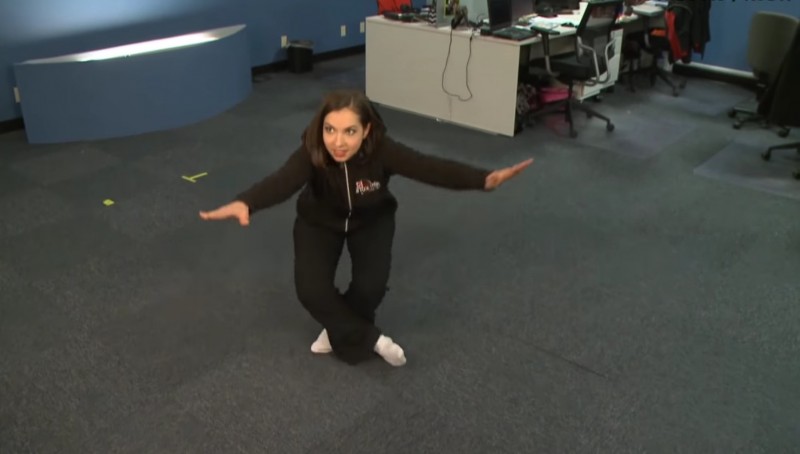
4. Use this scale to rank your points:

Of course, this test is not suitable for everyone. Those with certain medical conditions such as arthritis or with knee or hip injuries should probably not risk it.
Those over 50 who fall in the «good» category can be very proud. For the test subjects in the study, each point higher on the scale showed a 21% improvement in survival. If you scored less than 8 points, perhaps it’s time to work on your muscle strength and balance. It won’t get any easier as you age! So conquer your inner couch potato and get a move on!
